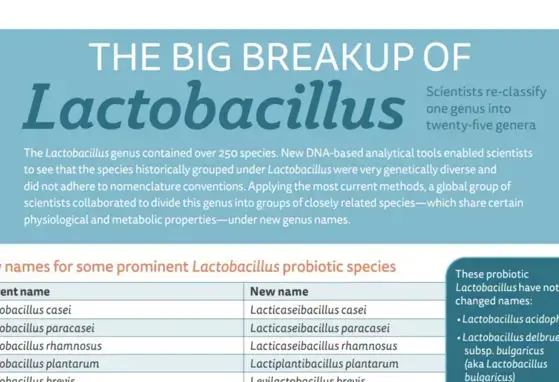Gut Microbiota
Microbiota is the good (and bad bacteria) in your gut. Every human being carries about 1-2kg of gut microbiota representing a number of cells far bigger than all our body cells together. Here we provide the latest science on the relation between nutrition, gut microbiome, immune system and human health.

Updates in the Dietary Management of Crohn’s Disease with the Crohn’s Disease Exclusion Diet: Can We Predict Patient’s Response?

From Theory to Practice: Clinical use of CDED in real-life cases

Different approaches for the induction and maintenance of remission in Pediatric CD

Early Nutrition Influence – Preventive and Therapeutic Aspects – Proceedings from NNI KOL Meeting Zone EMENA 2019

NNI News - Update: Allergies, Proteins, Malnutrition

The Nest 46: Functional Gastrointestinal disorders in Infants

HMOs: A window of opportunity or a weapon in strengthening immunity



